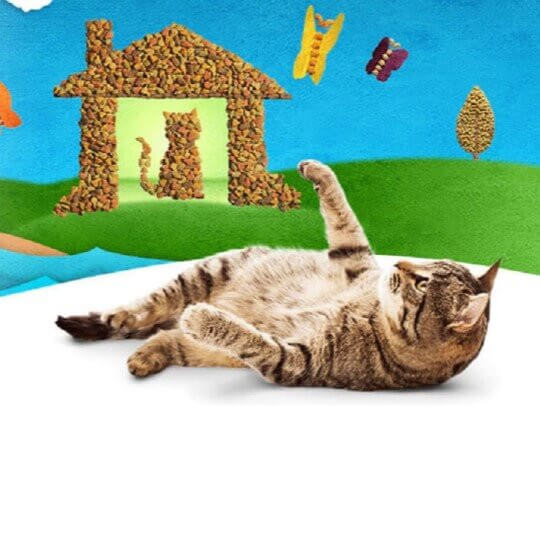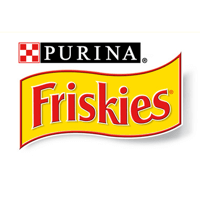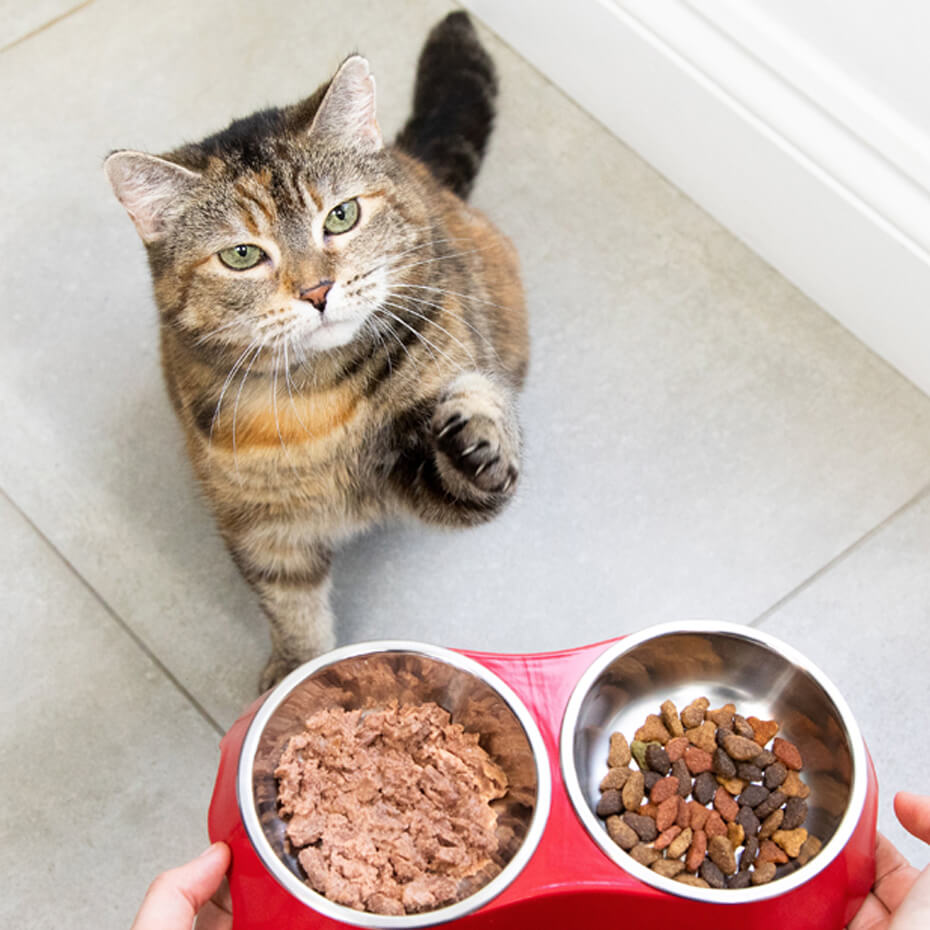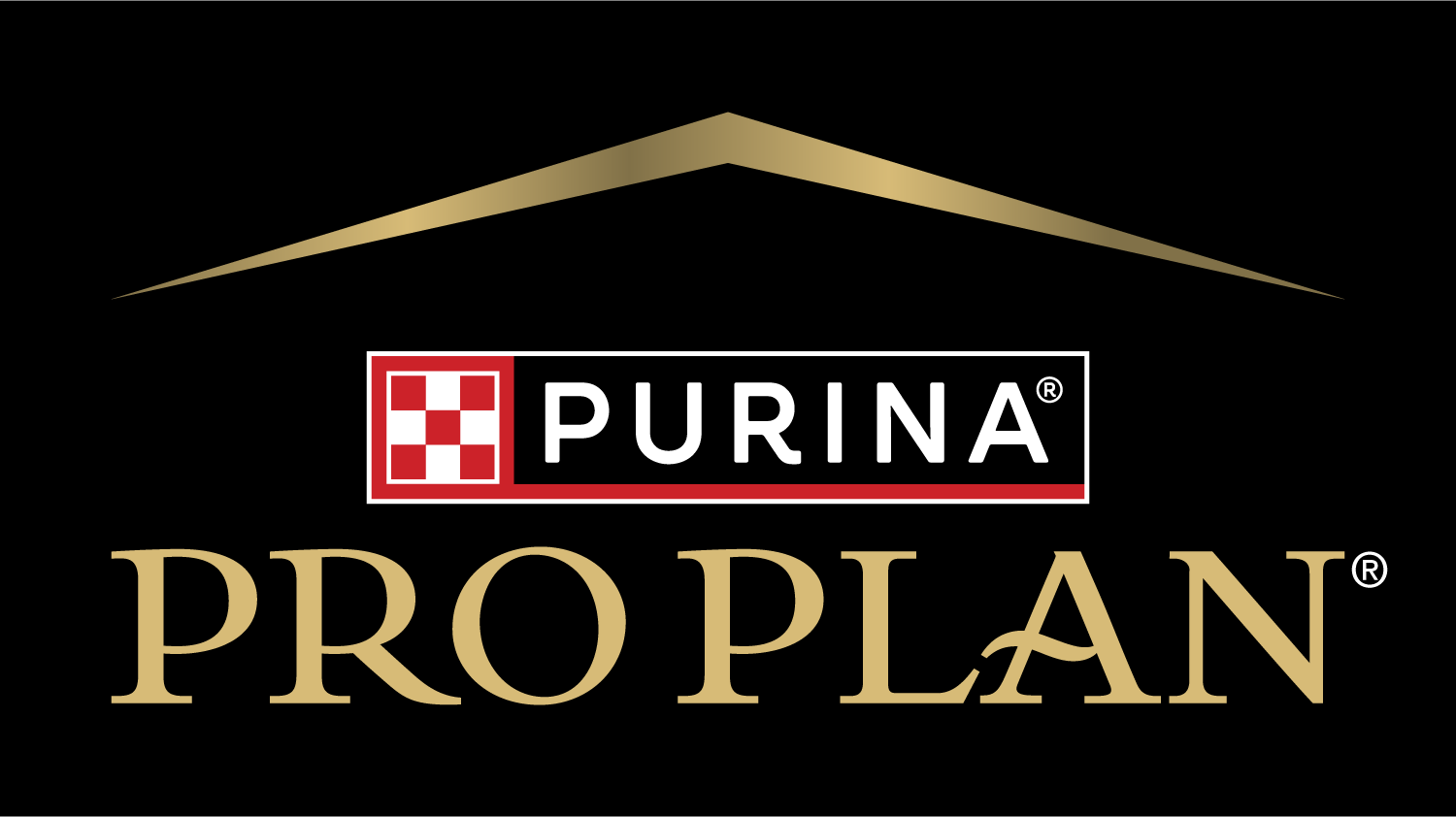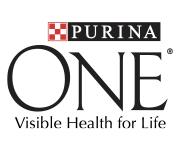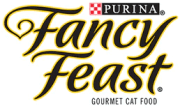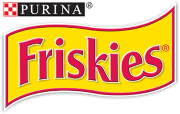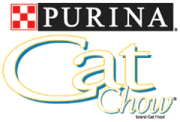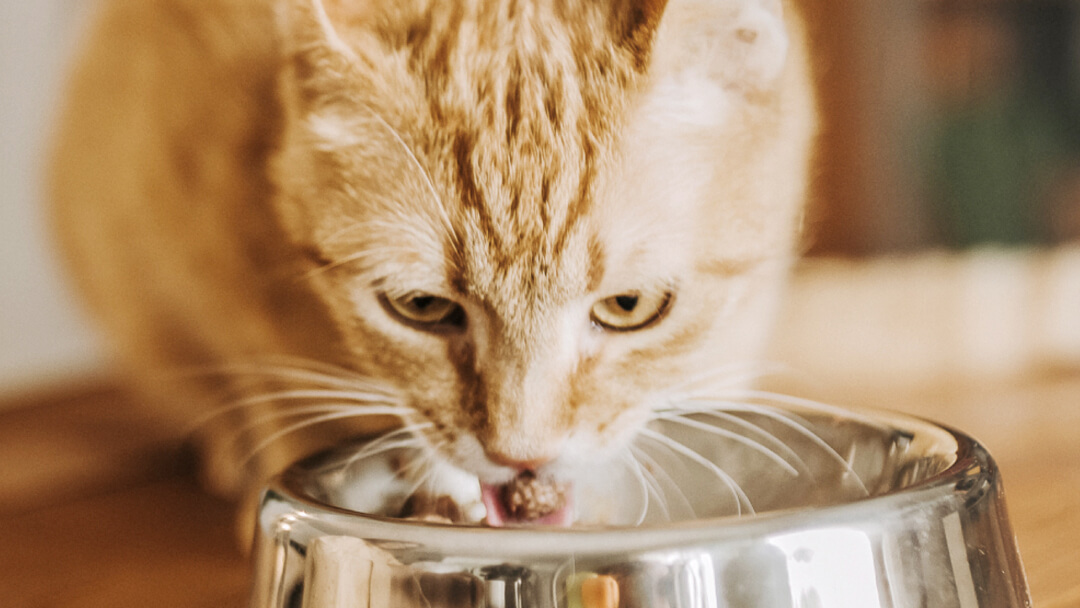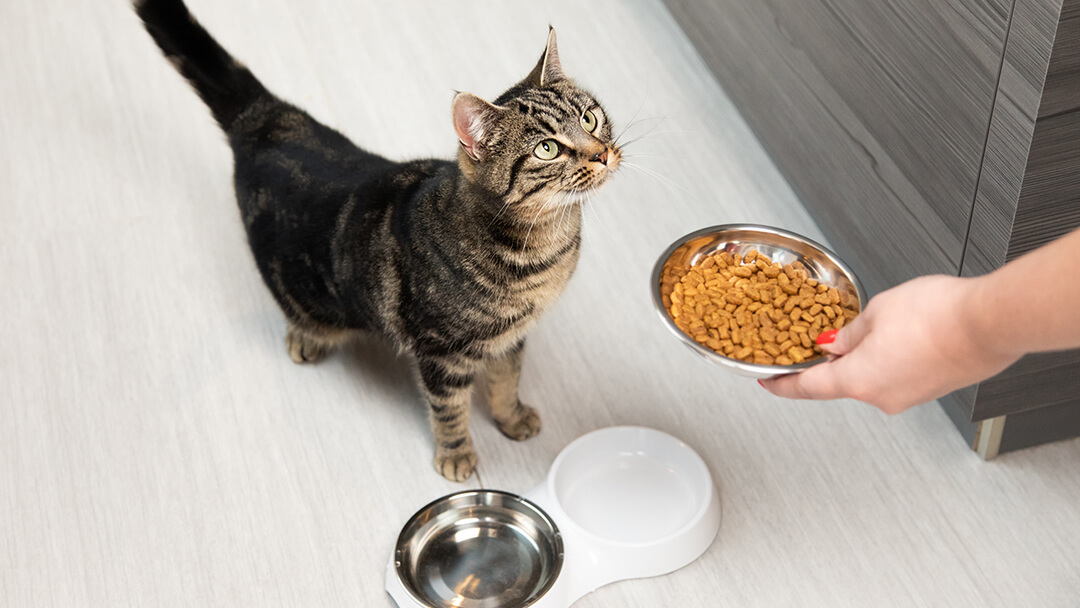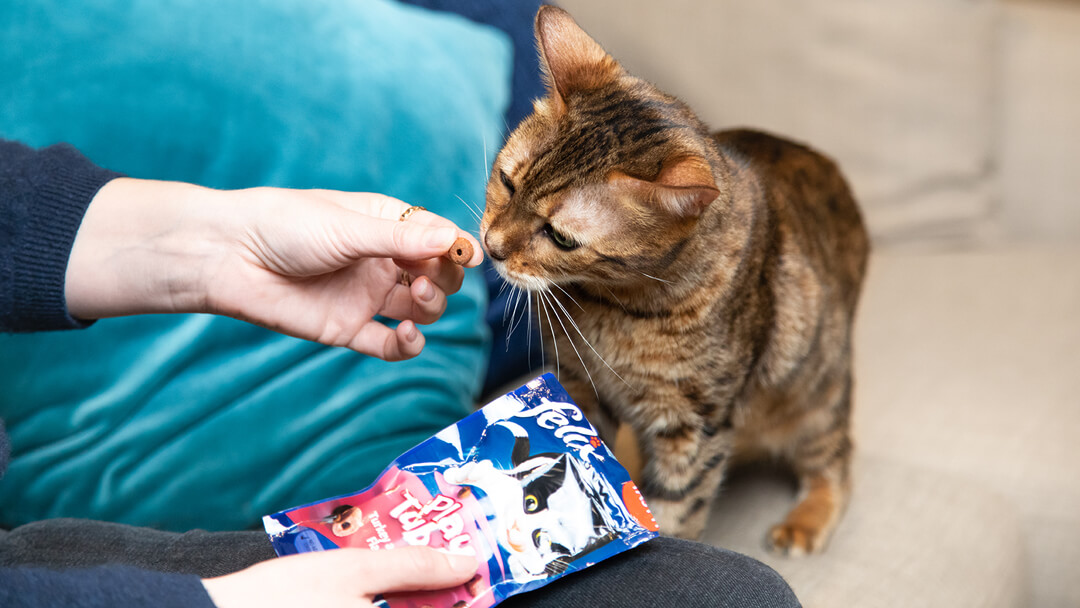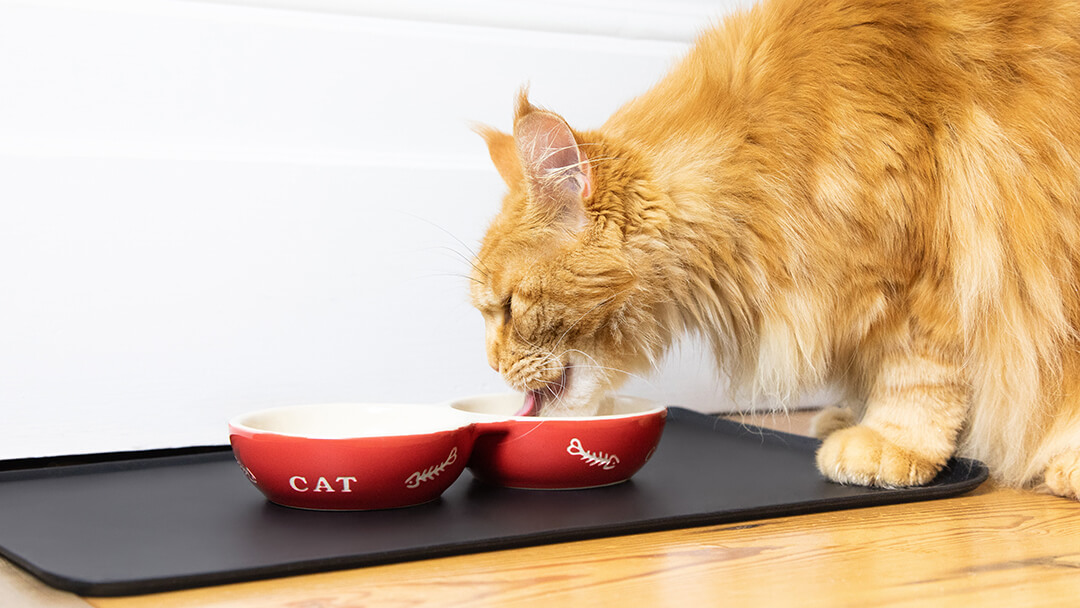
Complete and balanced nutrition
Your cat requires a complete and balanced diet for their specific life stage. You can ensure your cat receives the right nutrition by choosing a cat food that includes the proper levels of vitamins, minerals and necessary nutrients as decided by scientific research.
Cats have specific nutritional requirements such as the essential amino acid, taurine. Insufficient amounts in your cat’s diet can impair their vision and may cause heart problems. For cats’ daily diets, Purina nutritionists have found that a level of 30% high-quality protein will support normal growth and reproduction in cats.
Comparing label guarantees
By comparing the nutritional content on labels you can help choose the best diet for your cat’s health and well-being. However, there are a few considerations and limitations that are worth being aware of.
The difference in moisture content among the various types of cat food impacts the nutrient density of the products or the amount of nutrients per gram of food. As the water content of the diet increases, the amount of protein, fat and other essential nutrients decreases. That means the cat must consume a larger portion of the high moisture products to receive the nutrition they need.
This difference in moisture and energy content also prohibits a direct comparison of the nutrient content of one product type to another. For example, you cannot compare the 12% protein content of a canned cat food to the 21% protein level of a dry cat food and conclude the dry food will supply more protein. You can, however, make a fair comparison of the 21% protein content of one dry cat food to the 30% protein content of another dry cat food and conclude that the cat will receive more protein by eating the higher protein product. The higher protein product, however, is not necessarily superior; that depends on the life stage and lifestyle of the cat to which the product is fed.
Supplements
Unless directed by your veterinarian, it’s not necessary to add supplemental vitamins, minerals or other foods to your cat’s daily diet.
Types of Cat Foods
The three main types of cat foods are dry, soft-moist and wet products. With today’s advanced technology, all types of cat food products can be formulated to provide complete and balanced nutrition for your cat.
Dry Diets
Dry products consist of crunchy kibbles, which help reduce the build-up of plaque and tartar on a cat’s teeth. Dry foods also have the advantage of staying fresh longer than soft-moist and wet products once the package is opened.
Wet Diets
These diets generally offer the highest palatability when compared to the dry products. Once a pouch or can is opened, unused food should be stored in the refrigerator.

